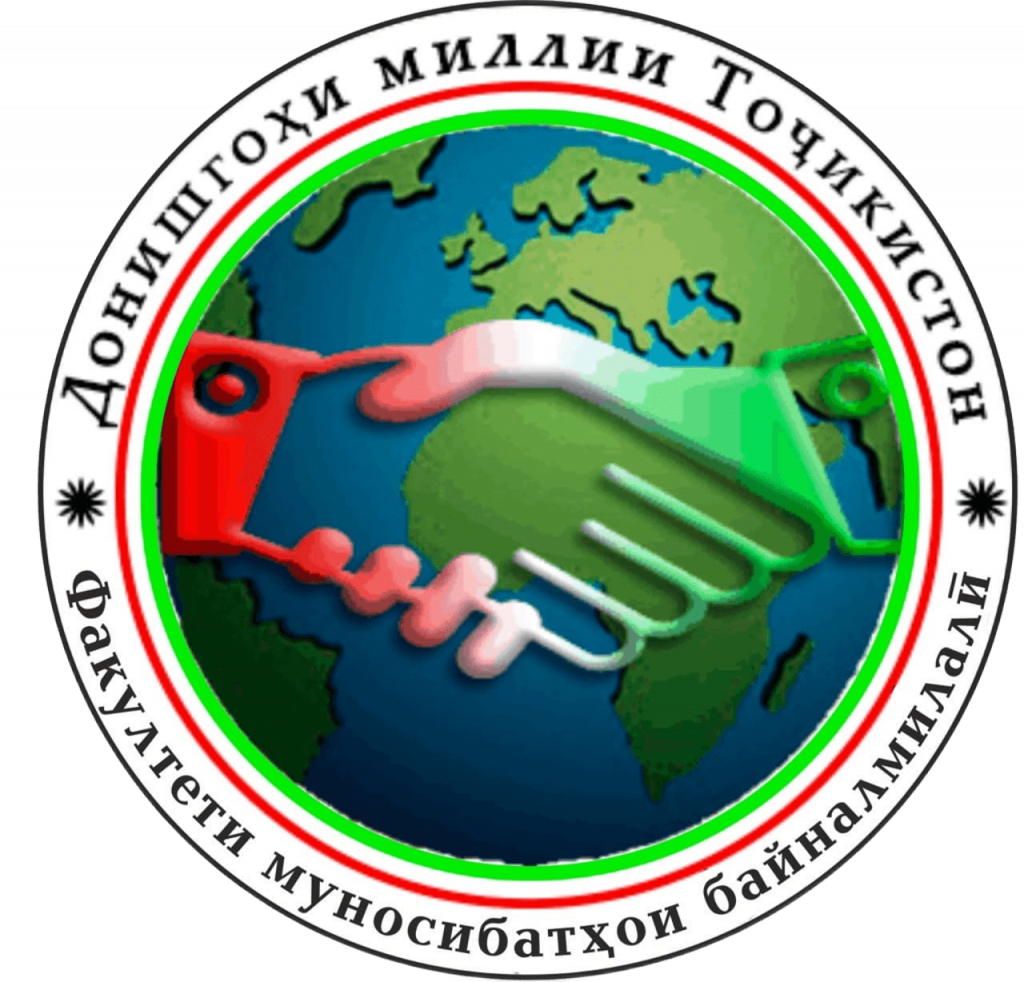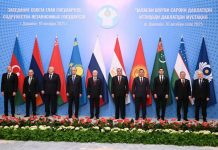The Westphalian system of 1648, which established a new international order, still regulates relations between states in the international arena. It has become an outstanding achievement in international relations and enables sovereign states to manage the entire complex of interactions with each other and has formed fundamental values for the world community and international relations, and has also created a new meaning for the instrument of implementing foreign policy of states – diplomacy.
In other words, starting from this historical event, states began to jointly develop political and legal approaches and general principles of interaction in resolving territorial disputes. During this period of time, the main subjects of international relations, states, acquired extensive experience in settling territorial disputes and conflicts. Diplomatic instruments became the main ones in settling territorial disputes and crises.
“The end of the 20th and the beginning of the 21st centuries, despite the positive changes that have occurred in the international arena, the collapse of the bloc system, the discrediting of totalitarian thinking and world order, and the almost universal development of formal democratic institutions, are marked by very alarming and disturbing trends.” Territorial disputes and conflicts have begun to occur in various parts of the world.
After the collapse of the USSR, numerous territorial disputes remained between its former republics, from the Caucasus to Central Asia and the Far East, from the Baltics to the Urals. Territorial disputes on the territory of modern Central Asia were laid during the period of territorial demarcation of Central Asia on national grounds in 1924, when the borders between the union republics were drawn quite arbitrarily, without taking into account local peculiarities. But in a single state, the republics of the region did not have territorial problems. After the collapse of the USSR, the situation changed.
Thus, territorial disputes were inherited from the history of the Soviet period for the Central Asian states.
In particular, the unresolved territorial dispute along the border line of Tajikistan and Kyrgyzstan remained a matter of concern for the two states. Negotiations on the border between the countries lasted for more than 30 years.
A comprehensive solution to the problem, taking into account the interests of both parties, was reached on March 13 during the state visit of the President of the Republic of Tajikistan, Emomali Rahmon, to Bishkek. The heads of state, Emomali Rahmon and Sadyr Japarov, signed the Treaty on the state border between Tajikistan and Kyrgyzstan, which is an outstanding event on a regional and global scale. It includes an exchange of territories, the opening of several land checkpoints, as well as the resumption of flights between the two countries on the Bishkek-Dushanbe and Bishkek-Khujand routes. In total, 16 documents were signed on various areas of interstate cooperation.
Thus, world practice shows that diplomacy – negotiations are the most significant alternative to existing territorial disputes and conflicts, as a principle of peaceful resolution of territorial disputes, avoiding the use of force.
The Treaty between Tajikistan and Kyrgyzstan is today one of the few examples of a peaceful resolution of a territorial dispute. The signing of the Treaty became possible “thanks to the political will of the leaders of both states, the long-term painstaking work of government delegations on the delimitation and demarcation of the border.” This meets the national interests of both countries.
The international community calls the signing of the Border Treaty, which put an end to long-standing border disputes and conflicts between the two republics, a “triumph of diplomacy” and congratulates Tajikistan and Kyrgyzstan.
In particular, in its congratulatory telegram, the Russian Foreign Ministry emphasizes that “the Russian side, in the spirit of alliance, has always provided political and diplomatic assistance to partners in Bishkek and Dushanbe in the interests of a final settlement of border issues. There is no doubt that the implementation of the Treaty will contribute to strengthening stability and security in the Central Asian region, and relations between Russia’s allies and strategic partners – Tajikistan and Kyrgyzstan – will reach a new qualitative level.”
Malikov K.K. – Associate Professor of theDepartment of International Relationsof the Tajik National University




